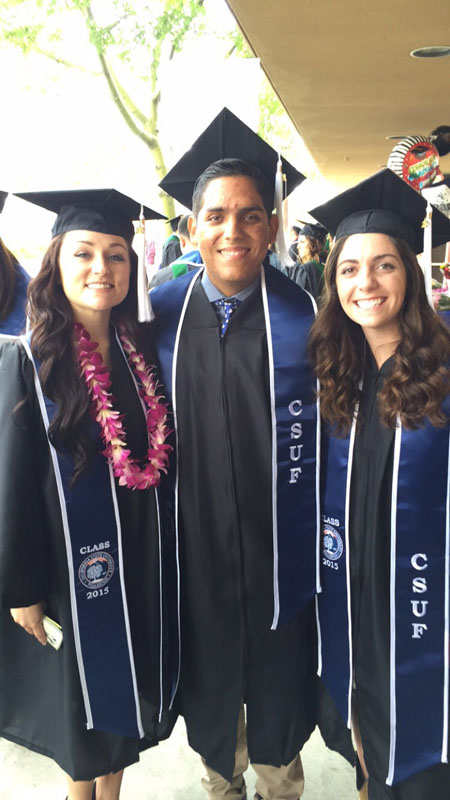Learning Outcomes
The following five Student Learning Outcomes represent the specific learning outcomes for undergraduate students in the Geography program.
1. Students are able to articulate the definitions of, connections between, and differences among fundamental concepts, models and theories in geography.
2. Students are able to identify and explain patterns and processes of human and physical geography including the diversity of the earth’s peoples and environments, and the interactions between humanity and the earth’s environments.
3. Students can apply mapping and geospatial technologies to analyze geographic data and solve geographic problems.
4. Students can critically assess, interpret, and analyze geographic research.
5. Students can clearly and effectively communicate geographic knowledge and research in writing, orally, and/or visually.
Learning Goals
The Department of Geography has adopted the following statement defining the Learning Goals for the Undergraduate Degree in Geography:
1. Our students enter with a continuum of education needs and graduate prepared to achieve their personal, civic, educational and career goals:
- Their interests reflect the diversity of the discipline
- All students need to be prepared to thrive in a world of shrinking distances and global economies
- Career-oriented students need to have access to courses that prepare them for careers such as planning, environmental analysis, education, and geographic information systems
2. Our students develop the habit of intellectual inquiry and are able to communicate effectively:
- They understand the processes which shape the human and physical earth
- They appreciate the values of intellectual inquiry involving both synthesis and analysis
- They develop skills of observation and measurement needed for geographic inquiry
- They learn to communicate with maps as well as with words and graphics
3. Our students use state-of-the-art technology:
- They learn to solve problems using advanced Geographic Information Systems technology
- They understand the role of the internet for accessing geographic information
4. Our students work effectively in multi-cultural environments:
- They develop a strong global perspective
- They understand the diversity of the earth's peoples and environments
5. Our students work effectively in collaborative settings:
- They experience substantial involvement with small group learning
- They interact with faculty outside of the classroom

